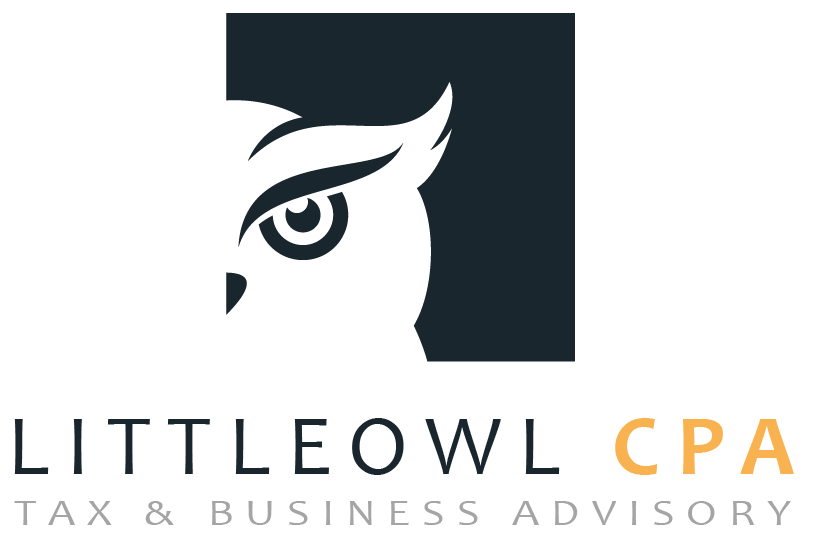Starting a new business or looking to take your existing venture to the next level? One crucial step in the process is developing a well-crafted business plan. A business plan serves as a roadmap that outlines your goals, strategies, and financial projections, helping you make informed decisions and attract investors or lenders. In this blog post, we will provide a step-by-step guide to help you understand the basics of creating a comprehensive business plan for your small business.
Key Elements of a Business Plan
Executive Summary
The executive summary provides an overview of your business, highlighting its mission, vision, products or services, target market, and competitive advantages. It should capture the reader’s attention and provide a concise snapshot of your business plan.
Company Description
Describe your company’s history, legal structure, ownership, and any unique differentiators that set your business apart from competitors. Clearly articulate your products or services and the problems they solve for your customers.
Market Analysis
Conduct a thorough analysis of your target market, identifying your ideal customers, their needs, and their buying behaviors. Assess the competitive landscape and demonstrate your understanding of industry trends, market size, and potential growth opportunities.
Organization and Management
Outline the structure of your organization and introduce key team members and their roles. Highlight their relevant experience and expertise to instill confidence in your business’s ability to execute the proposed strategies.
Product or Service Line
Provide detailed information about your offerings, including features, benefits, pricing, and any intellectual property or proprietary technologies. Showcase how your products or services meet customer needs and differentiate you from competitors.
Market Analysis
Conduct a thorough market analysis to understand your industry, target market, and competitors. Identify industry trends, consumer needs, and potential opportunities or challenges. Use market research data to support your findings. Financial Projections: Develop realistic financial projections, including sales forecasts, expenses, cash flow statements, and profit margins. Include key assumptions and consider various scenarios to demonstrate the viability and profitability of your business.
Tips for Creating an Effective Business Plan
- Clearly define your business’s unique value proposition and competitive advantage.
- Conduct thorough market research to understand your target market and competition.
- Ensure your financial projections are realistic and based on solid assumptions.
- Keep your writing concise, clear, and free from jargon.
- Regularly review and update your business plan as your business evolves.
By following these guidelines and investing time and effort into developing a well-structured business plan, you’ll be equipped with a powerful tool to guide your decision-making, attract potential investors, and set your business on the path to success.
Remember, a business plan is not a static document but a living roadmap that should evolve as your business grows. Regularly revisit and update your plan to reflect changing market conditions, new opportunities, and strategic shifts.
If you have questions about how this topic will impact you, Team LittleOwl CPA is here to help. Schedule a discovery call today!

About Tabitha Regan
Tabitha Regan is the Founder and CEO of LittleOwl CPA. She is a Certified Public Accountant, Certified Financial Planner™ and Personal Financial Specialist. In her 16+ year career span, she has developed an expertise in the specific needs of small businesses and busy professionals with accounting, tax and advisory services.


